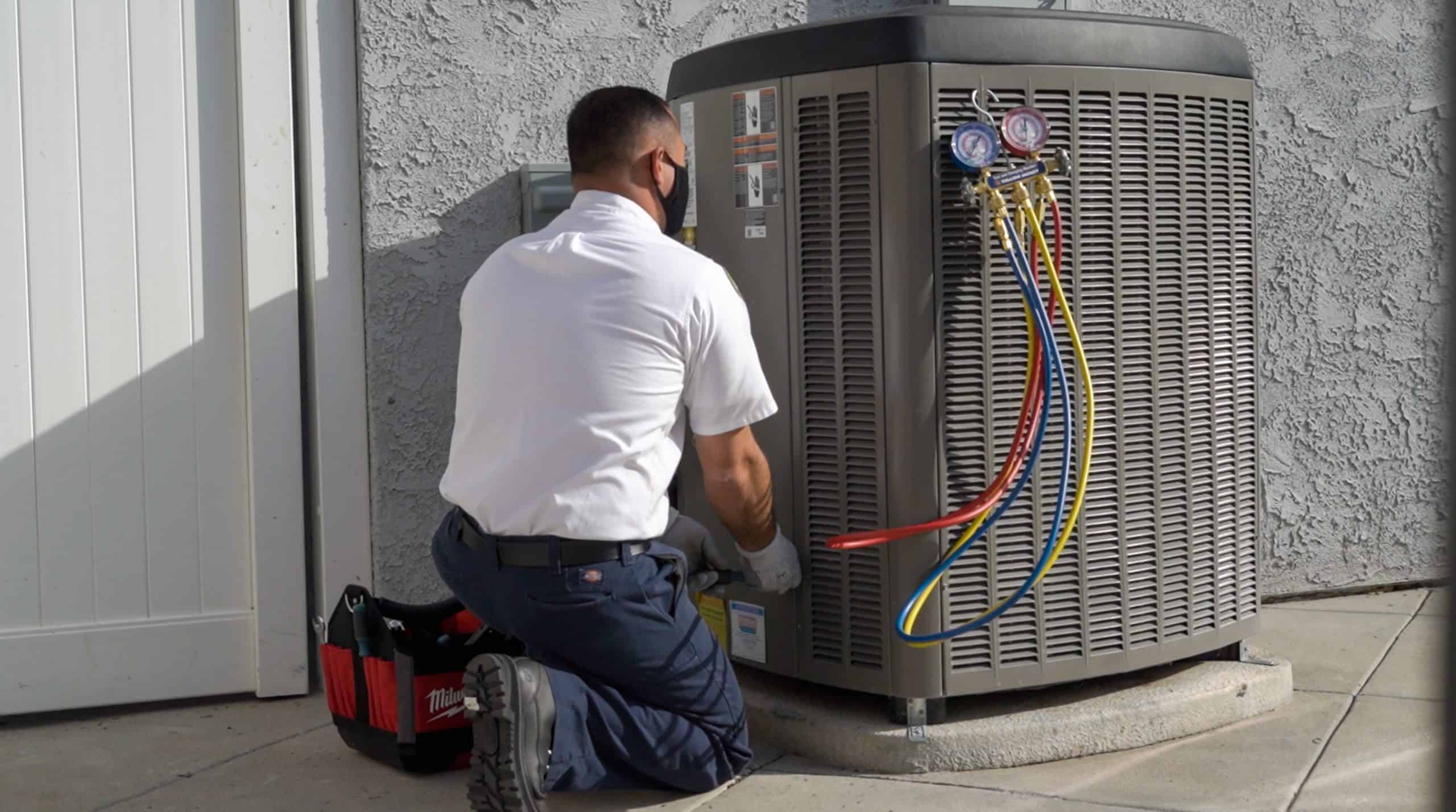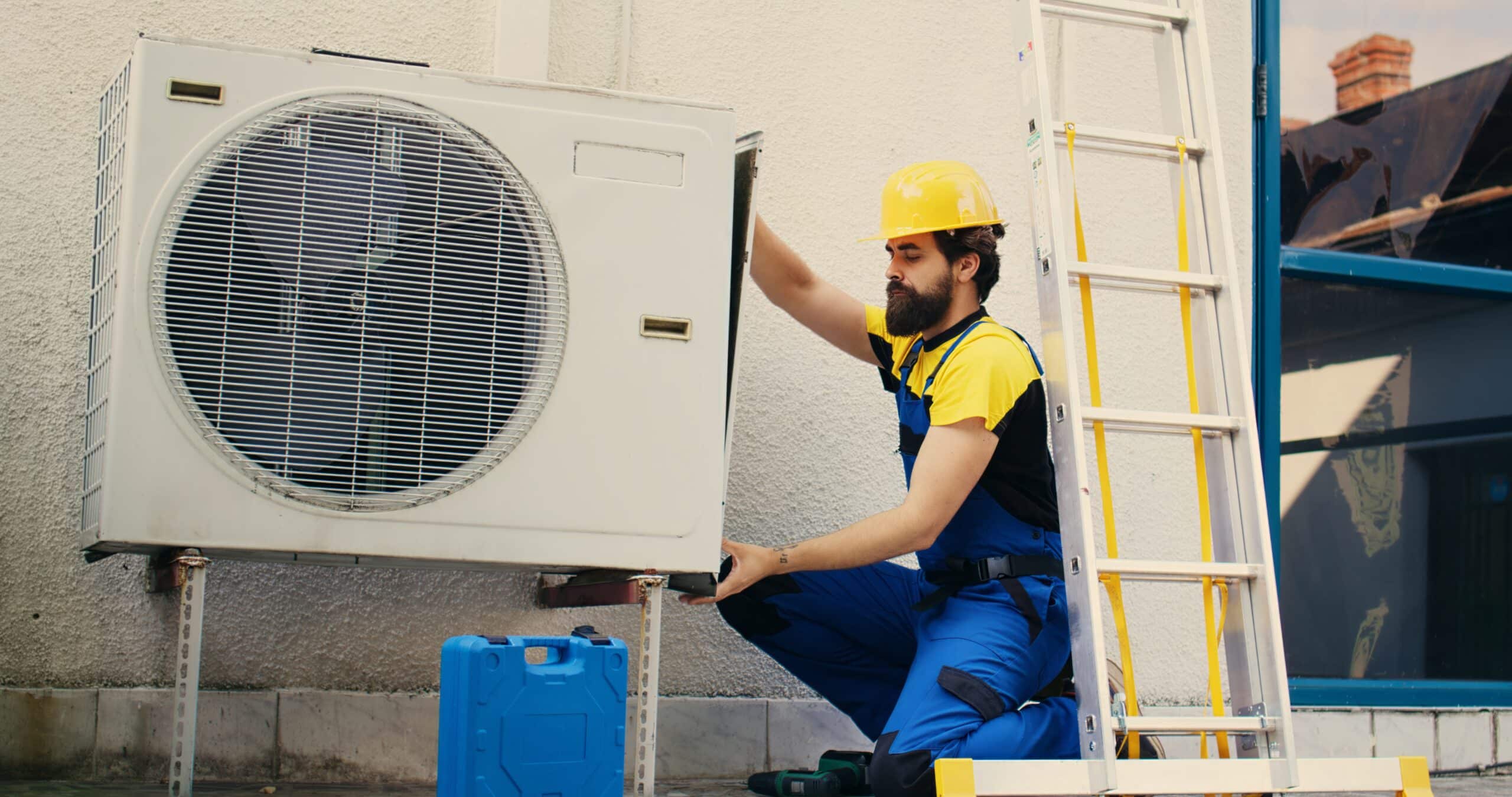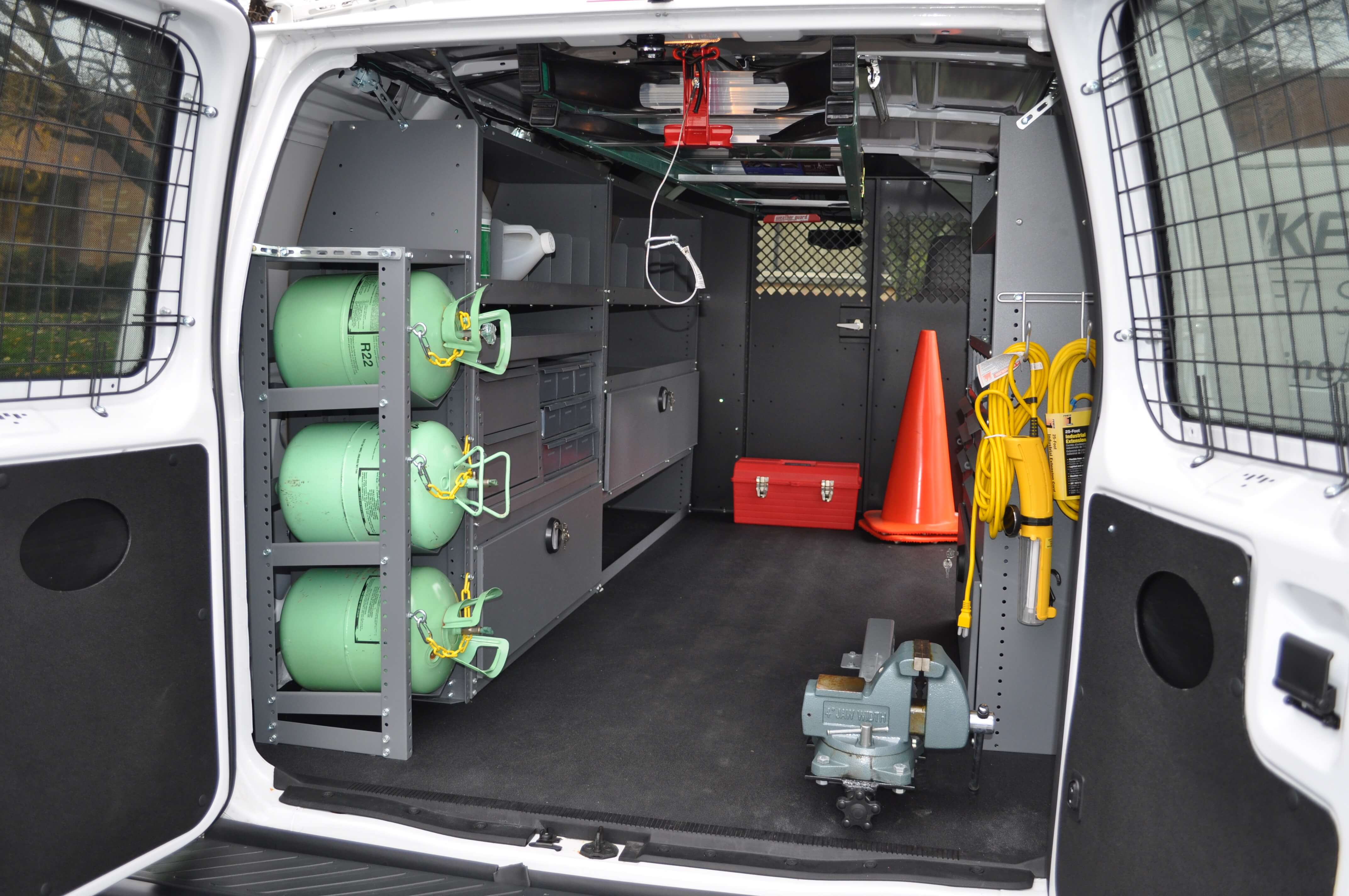Customizable System Upgrades with DMAKS HVAC Tailored Solutions.
Customizable System Upgrades with DMAKS HVAC Tailored Solutions.
Blog Article
Energy-Efficient HVAC Solutions to Conserve on Energy Costs
As power expenses proceed to rise, the relevance of energy-efficient A/c systems becomes significantly apparent. These systems not just assure significant cost savings on energy expenses yet also add to a more sustainable future by minimizing energy intake.
Benefits of Energy-Efficient A/c Systems
Energy-efficient Cooling and heating systems supply numerous advantages that expand past mere cost savings. By taking in less power, these systems add to reduce greenhouse gas exhausts, aiding to battle environment change and promote sustainability.
Additionally, energy-efficient heating and cooling systems often provide enhanced comfort levels. Most of these systems feature advanced technology that enables better temperature level control and boosted air top quality (DMAKS HVAC). This brings about a much healthier interior setting, which is especially crucial for individuals with allergies or respiratory issues
Furthermore, investing in energy-efficient HVAC systems can boost home value. As more customers focus on energy efficiency, homes and structures furnished with these systems may attract greater quotes in the property market.
Kinds Of Energy-Efficient HVAC Options
Just how can house owners and services select one of the most appropriate energy-efficient heating and cooling options for their demands? The market offers a selection of energy-efficient a/c systems, each developed to enhance convenience while reducing power usage.
One option is the variable cooling agent circulation (VRF) system, which efficiently controls the temperature level in several areas within a structure. This system adapts its cooling agent flow to match the preferred temperature level, causing significant power savings.
An additional popular selection is geothermal heat pumps, which make use of the earth's secure temperature to warm and awesome rooms. By transferring warm to and from the ground, these systems demonstrate excellent efficiency, especially in modest climates.
Furthermore, ductless mini-split systems provide an energy-efficient option for homes doing not have ductwork. These systems permit zone-specific cooling and heating, decreasing power waste in empty areas.
Finally, high-efficiency heaters and ac unit, with advanced SEER and AFUE scores, use dependable climate control while eating much less energy than conventional versions. By evaluating these options, house owners and organizations can select an a/c system customized to their specific needs and power performance objectives.
Key Features to Think About

Following, examine the kind of compressor used in the system. DMAKS HVAC. Variable-speed compressors can readjust their output to match the home heating or cooling down demand, bring about improved convenience and power financial savings compared to single-speed versions. Additionally, try to find systems equipped with wise thermostats that offer programmable settings and remote accessibility, enabling far better control over power consumption
An additional essential feature is the system's air filtration capability. High-efficiency filters can boost interior air top quality and lower power intake by making certain the system runs successfully. Take into consideration the kind of refrigerant utilized; modern systems often use her explanation green cooling agents that have a lower environmental influence.
Finally, guarantee that the system is compatible with zoning modern technology, which permits personalized temperature control in different areas of your home, boosting comfort while reducing energy use.
Tips for Selecting the Right System


Next, consider power performance scores, particularly the Seasonal Power Effectiveness Ratio (SEER) for cooling down systems and the Yearly Fuel Application Performance (AFUE) for heater. Higher rankings suggest greater performance, which can cause significant financial savings on utility bills gradually.
Furthermore, review check that the sort of HVAC system that ideal fits your way of living and budget plan. Options consist of central air conditioning, ductless mini-splits, and warmth pumps, each with its own collection of advantages and downsides.
Don't ignore the significance of correct installation and sizing; an inaccurately sized system can result in inadequacies and enhanced wear. Seek advice from with a specialist Heating and cooling service provider to obtain professional referrals customized to your home's distinct demands. This detailed strategy will certainly guarantee that you pick an energy-efficient heating and cooling system that fulfills your demands and budget successfully.
Upkeep for Optimum Efficiency
Once the ideal cooling and heating system is in place, continuous maintenance ends up being vital to ensuring optimal efficiency and durability. A well-maintained system operates better, causing reduced power intake and reduced utility bills. Regular inspections and tune-ups should be scheduled at least twice a year-- once before the cooling period and once prior to the home heating period.

Homeowners need to also be cautious about checking their HVAC system's performance. Uncommon noises, changing temperature levels, or enhanced power costs can indicate underlying problems that call for immediate interest. By resolving these worries immediately, home owners can stop pricey repairs and prolong the life-span of their systems.
Spending in a maintenance plan with a certified professional not only enhances effectiveness yet additionally provides assurance, understanding that the system is running at its ideal. DMAKS HVAC. Normal upkeep is therefore vital for maintaining power performance and lowering overall operational costs
Conclusion
To conclude, energy-efficient a/c systems provide a feasible remedy for lowering energy costs while boosting convenience and air top quality. By including innovative modern technologies and alternatives such as geothermal warmth pumps and ductless mini-splits, property owners can attain substantial power savings and add to ecological sustainability. Cautious consideration of system features and recurring upkeep better makes sure ideal performance, making energy-efficient systems a prudent financial investment for both financial and environmental benefits.
Report this page